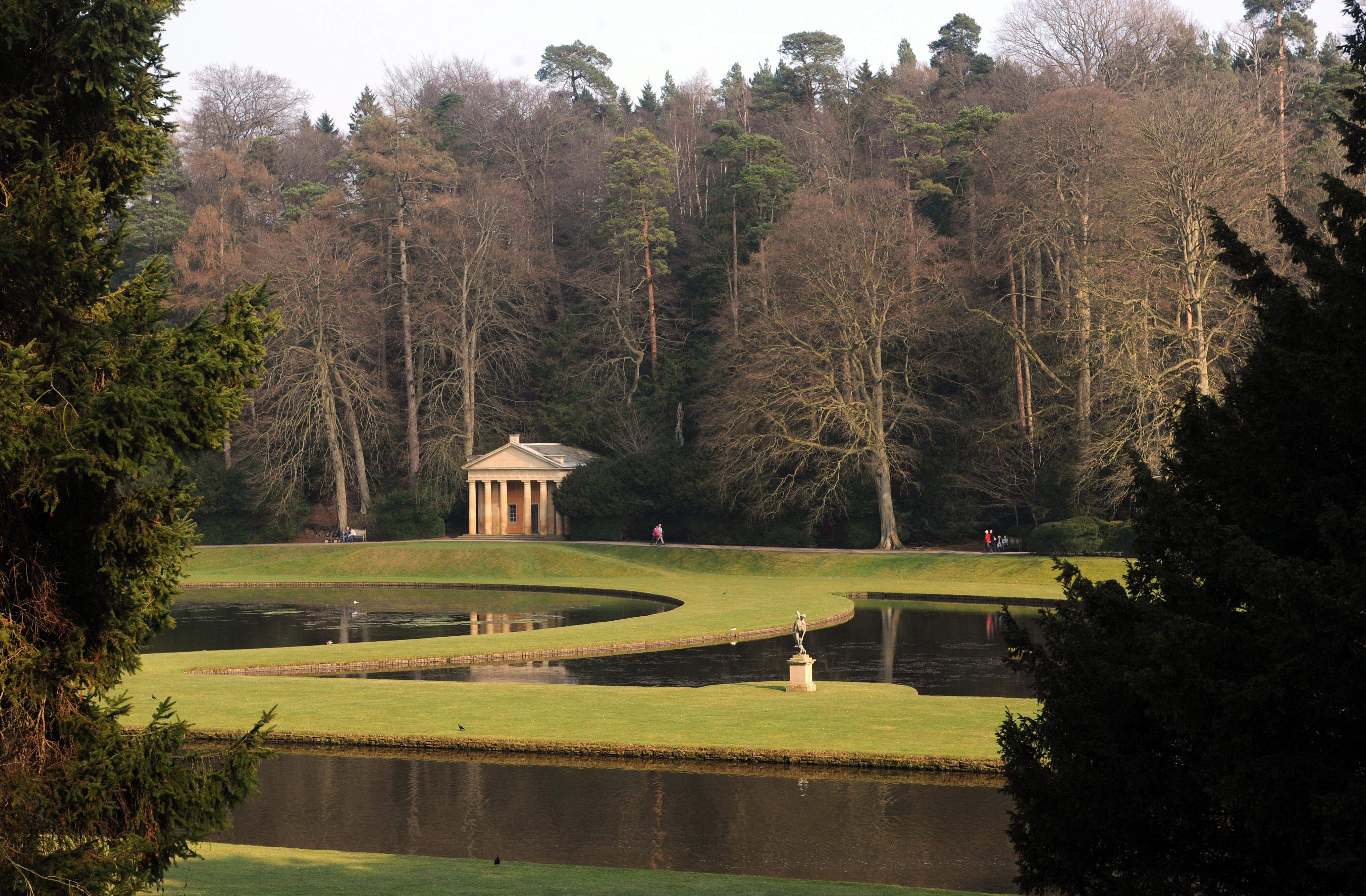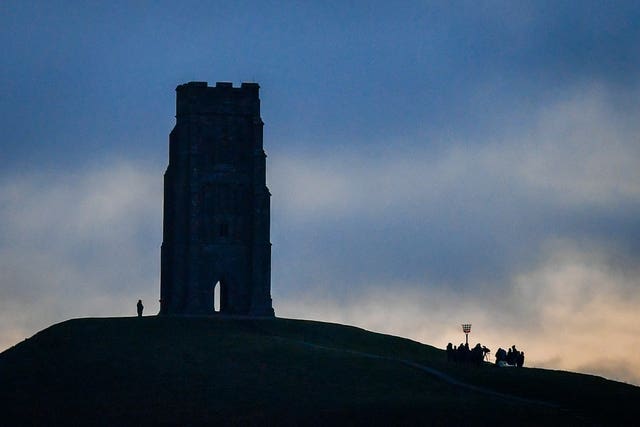The National Trust is planning to create new woodland equivalent to 42 Sherwood Forests as part of efforts to achieve “net zero” emissions by 2030.
The organisation, which cares for countryside, coasts, castles and stately homes, is aiming to plant and establish 20m trees over 10 years to tackle the climate crisis.
It made the announcement, which it says will cost around £90-100m, to mark its 125th anniversary.
We must do everything we can to fight climate change. Today our Director-General set out our plans to go carbon net zero by 2030 and to plant and establish 20 million trees over the next ten years: https://t.co/KvWHgGaSkh pic.twitter.com/C34YNP1Df8
— National Trust (@nationaltrust) January 9, 2020
By the end of the decade, it aims for new trees and natural regeneration of woods to cover more than 18,000 hectares (44,000 acres), an area one-and-a-half times the size of Manchester – or 42 Sherwood Forests.
It will mean that 17% of the land the National Trust looks after will be wooded, an increase from 10% today.
The focus will be on planting on farmland – including in upland areas – that the trust owns, rather than in country estates, but director general Hilary McGrady said they would be working with farmers to deliver the targets.
It is a level of tree cover which the charity says is needed on a nationwide basis to meet government targets to cut greenhouse gas emissions, and will deliver additional benefits such as public access and habitats for nature.

Other initiatives to help the nearly six million member-strong trust achieve net zero emissions include maintaining peat bogs, which like trees absorb and store carbon, investing in more renewable energy, and cutting its carbon footprint.
Efforts will focus on the National Trust’s own pollution, but McGrady acknowledged the impact of visitors, many of whom travel by car to the organisation’s properties.
She said the trust was beginning to try and measure the impact of visitor emissions and find ways to encourage more sustainable transport.
The charity, which was founded in the 19th century to protect and care for natural and historic places, also said it plans to work with other organisations to create “green corridors” that connect people in urban areas to nature.

It will also work to protect nature, such as cleaning up rivers and reintroducing species such as water voles and beavers, McGrady said. The National Trust has, however, faced regular criticism for continuing to allow hunting on its land.
McGrady said: “As Europe’s biggest conservation charity, we have a responsibility to do everything we can to fight climate change, which poses the biggest threat to the places, nature and collections we care for.”
And she said: “People need nature now more than ever. If they connect with it then they look after it.
“And working together is the only way we can reverse the decline in wildlife and the challenges we face due to climate change.”
















